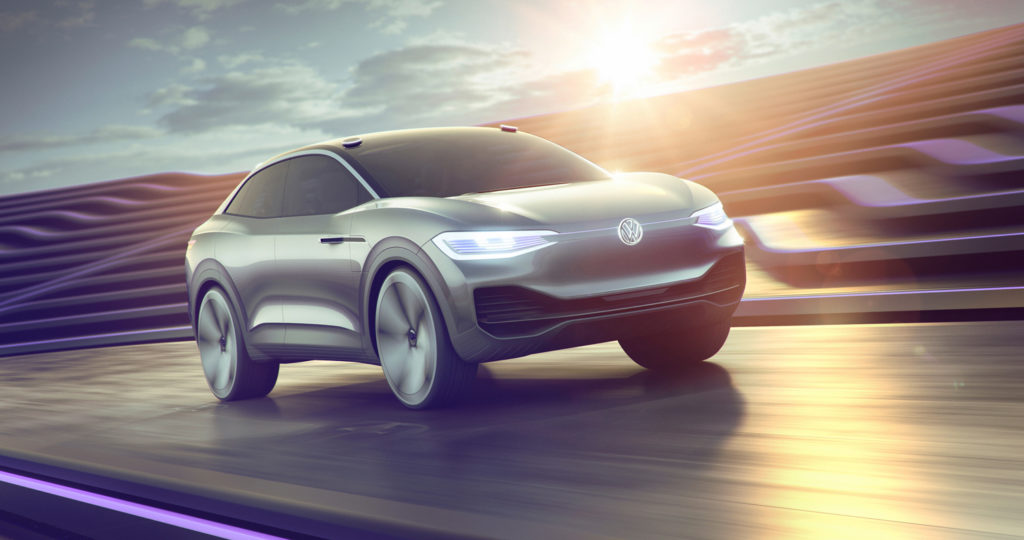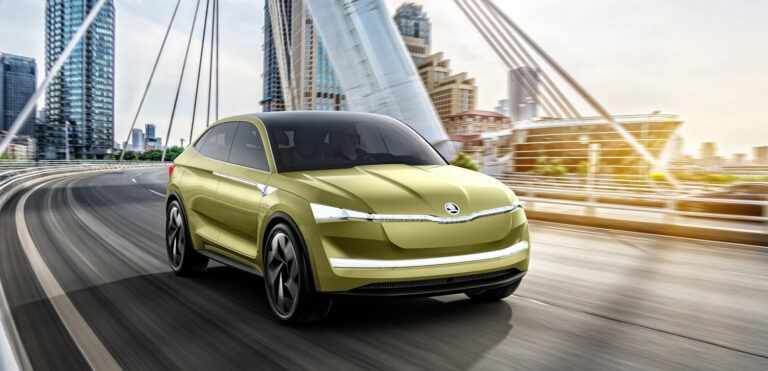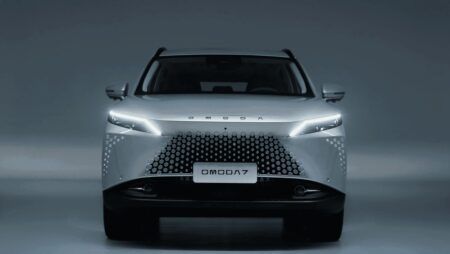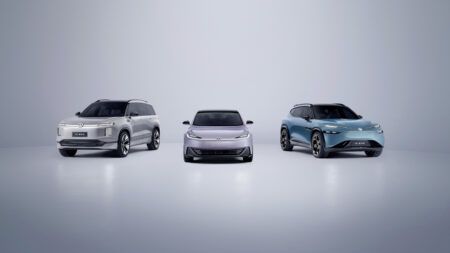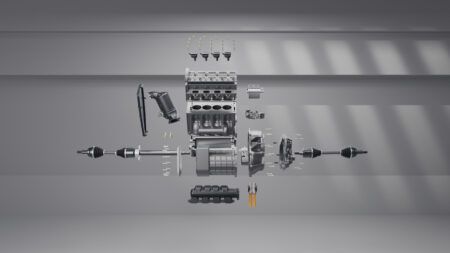The Volkswagen Group will increase its planned roll-out of electric models. The Group is now planning to launch almost 70 new electric models in the next 10 years – instead of the 50 previously planned.
The projected number of vehicles to be built on VW’s electric platforms in the next decade will increase from 15 million to 22 million. Volkswagen has also signed off a decarbonization program aimed at achieving a fully CO₂-neutral balance in all areas from fleet to production to administration by 2050.
“Volkswagen is taking on responsibility with regard to the key trends of the future – particularly in connection with climate protection,” said Herbert Diess, CEO of Volkswagen.
“The targets of the Paris Agreement are our yardstick. We will be systematically aligning production and other stages in the value chain to CO₂ neutrality in the coming years. That is how we will be making our contribution toward limiting global warming.
“Volkswagen is seeking to provide individual mobility for millions of people for years to come – individual mobility that is safer, cleaner and fully connected. In order to shoulder the investments needed for the electric offensive we must make further improvements in efficiency and performance in all areas.”
The share of electric vehicles in the VW Group fleet is to rise to at least 40% by 2030. The first of the OEM’s vehicles go into production this year – the Audi e-tron and the Porsche Taycan. The roll-out of Volkswagen’s ID family, as well as other group vehicles, will include the ID Crozz, the SEAT el-born, the Škoda Vision E2, the ID Buzz, and the ID Vizzion.
In order to support its electric program Volkswagen has selected LG Chem, SKI, CATL and Samsung as strategic battery cell suppliers. In view of the constantly increasing demand, Volkswagen is also considering participation in battery cell manufacturing facilities in Europe.
